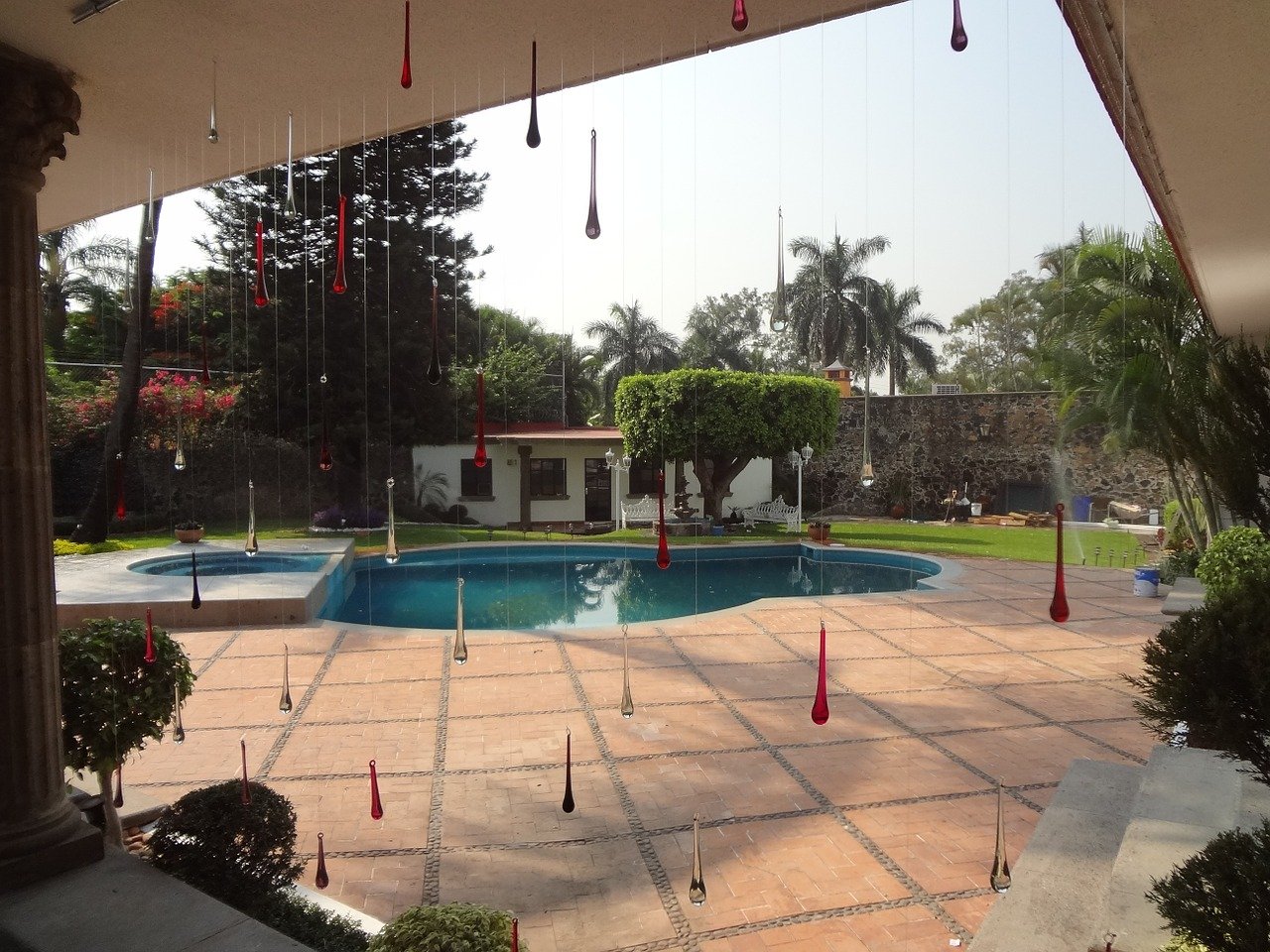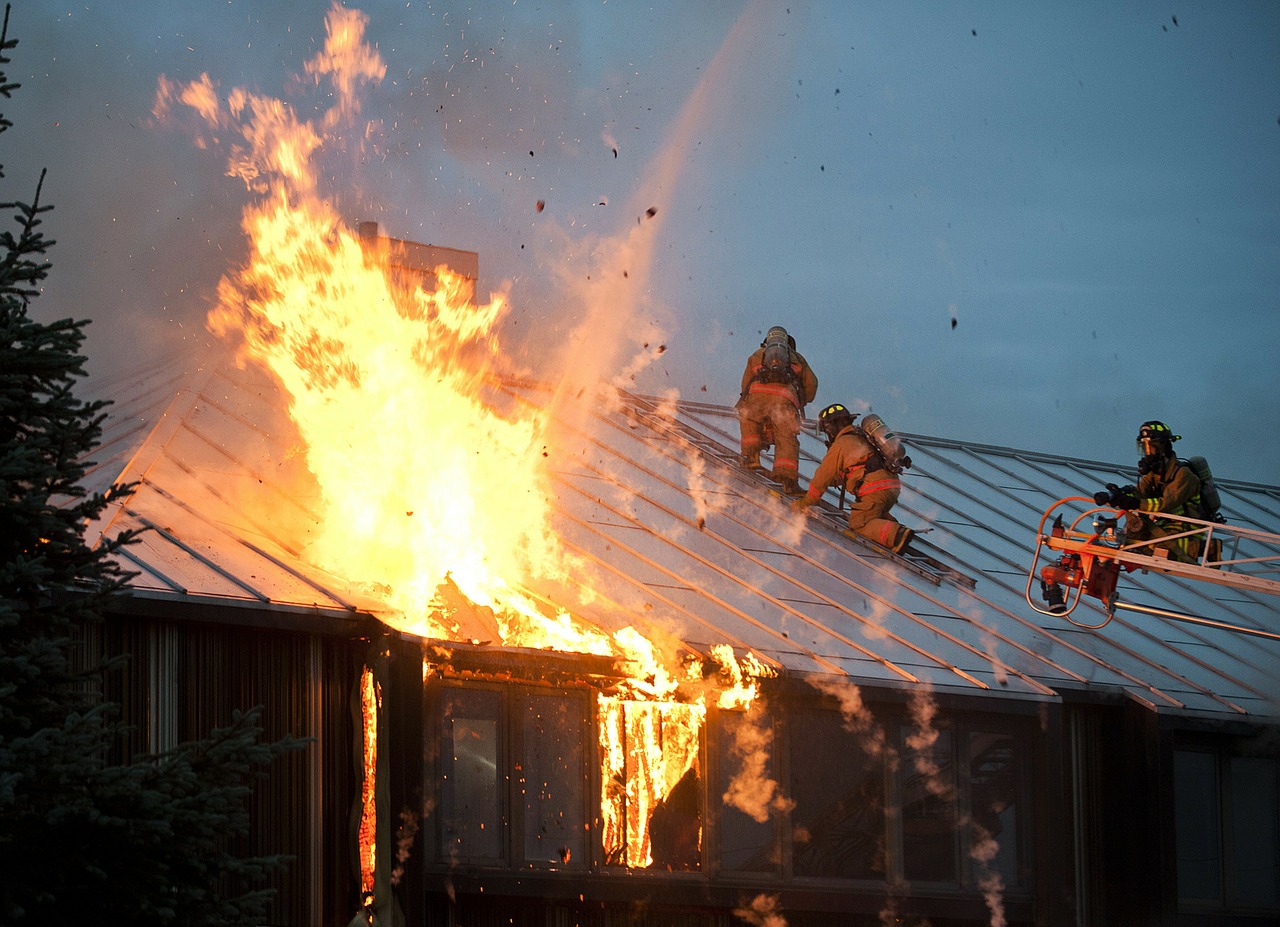Research shows that if it takes more than four or five minutes to break into a home, the burglar will go elsewhere.
Most insurance companies provide 2 percent to 15 percent discounts for devices that make a home safer—dead-bolt locks, window grates, bars and smoke/fire/burglar alarms.
However, when improving the security of your home, do not exchange security for personal safety. Do not make your home such a fortress that you are unable to escape in case of a fire or other emergency.
Check your Home for Weaknesses and Correct Them
- Take the time to “case” your house or apartment, just as a burglar would. Where is the easiest entry? How can you make it more burglar-resistant?
- Trim trees and shrubs near doors and windows, and think carefully before installing a high, wooden fence around your back yard. High fences and shrubbery can add to your privacy, but can also be an asset to a burglar. Consider trading a little extra privacy for a bit of added security.
- Force any would-be burglar to confront a real enemy—light. Exterior lights and motion detectors, mounted out of easy reach, can reduce the darkness a burglar finds comforting.
- Simple security devices—nails, screws, padlocks, door and window locks, grates, bars and bolts—can increase the amount of time it takes to break into your home.
- Invest in a burglar alarm. The most effective ones also ring at an outside service.
Are any of your valuables—paintings, a silver collection or a computer—easy to see from outside the house? Rearranging your furnishings might be advisable if it makes your home less inviting to criminals.
Simple Security Steps
Doors
Make sure you have strong doors. Outside doors should be metal or solid hardwood, and at least 1 3/4 inches thick. Frames must be made of equally strong material, and each door must fit its frame securely. Even the most efficient lock, if it is placed in a weak door, will not keep out a determined burglar.
A peephole or a wide-angle viewer in the door is safer for identifying visitors than a door chain.
Sliding glass doors present a special problem because they are easy to open, but if you have these doors, you can find special locks for them. A broomstick in the door channel can also help, but cannot be depended on.
Locks
Deadbolt locks are best. They usually are locked with a key from the outside and a thumb turn on the inside. The cylinder (where the key is inserted) should be pick-resistant. Ask your hardware dealer for a reputable brand or buy your locks from a locksmith.
Windows
Key locks are available for all types of windows. Double-hung windows can be secured simply by “pinning” the upper and lower frames together with a nail, which can be removed from the inside.
For windows at street level or on fire escapes, consider installing metal accordion gates.
Home Security Habits
- Establish a routine to make certain that doors and windows are locked and alarm systems are turned on.
- Avoid giving information to unidentified telephone callers and announcing your personal plans in want ads or public notices (such as giving your address when advertising items for sale).
- Notify the police if you see suspicious strangers in your area.
- Do not carry house keys on a key ring bearing your home address or leave house keys with your car in a commercial parking lot or with an attendant.
- Do not hide your keys in “secret” places outside your home—burglars usually know where to look.
Vacation Tips
- Leave blinds open in their usual position.
- Have mail and packages picked up, forwarded or held by the post office.
- Lower the sound of your telephone ringer and answering machine so they cannot be heard outside.
- Arrange to have your lawn mowed in summer and your walk and driveway shoveled in winter.
- Stop newspaper deliveries.
- Ask a friend to pick-up “throw-away” newspapers and circulars.
- Use automatic timers to turn lights on and off in various parts of the house at appropriate times. Consider connecting a radio to a timer.
- Tell police and dependable neighbors when you plan to be away and join with your neighbors to keep a close watch on what’s happening in your area. Working closely with them is a good way to prevent crime.





